To me, sobriety means so much more than not drinking. It’s being accountable for myself, my actions, and my place in this world. It’s living in the present; always aware I have choices to make every day. Sobriety is being intentional with things—my choices, my words, my interactions with others, and the impression I make on people, especially those in early recovery. How I make them feel. How I help them see.
Sobriety has given me a whole new life, and it’s better than I could’ve dreamed. That’s not just a catchphrase. It’s the truth.
I’m a writer and artist. I was fully convinced my “creativity” was tied in with being altered. Oh, was I wrong!
It took a bit of time, but once I had the courage to begin creating again, I was stunned at the depth and clarity of my work, both writing and painting. It’s almost as though something inside me has been freed, and it’s churning out endless ideas, endless inspiration. It’s humbling, it’s exhilarating, and it’s created a whole new chapter for me—figuratively and literally.
Treatment and recovery saved my life. It helped me find who I really am—the Susan who was waiting there for me, just under the surface, ready to break free.
I am so unbelievably grateful.
In treatment, the biggest lesson I learned is the importance of addressing past trauma, the emotions associated with that, and understanding how that caused me to stuff everything down and “play happy.” Once I accepted I was in a safe place, and that I was being asked to feel and talk and emote, things started to happen for me. We can’t heal if we don’t feel, and as much as it can completely suck at times to ride that rollercoaster of emotions, it’s imperative to do so.
It’s soul-searching, hard work, but it brings you to authenticity, to emotional and physical health, and its life-changing in more ways than I can express. It’s worth it 1,000 times over. Hell, a million times over.
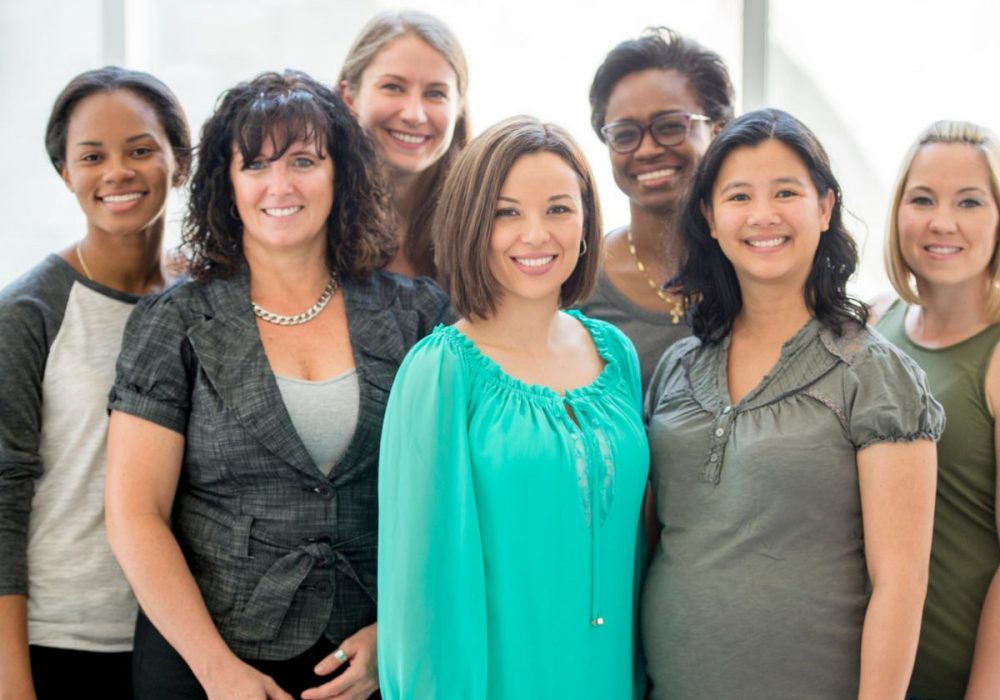

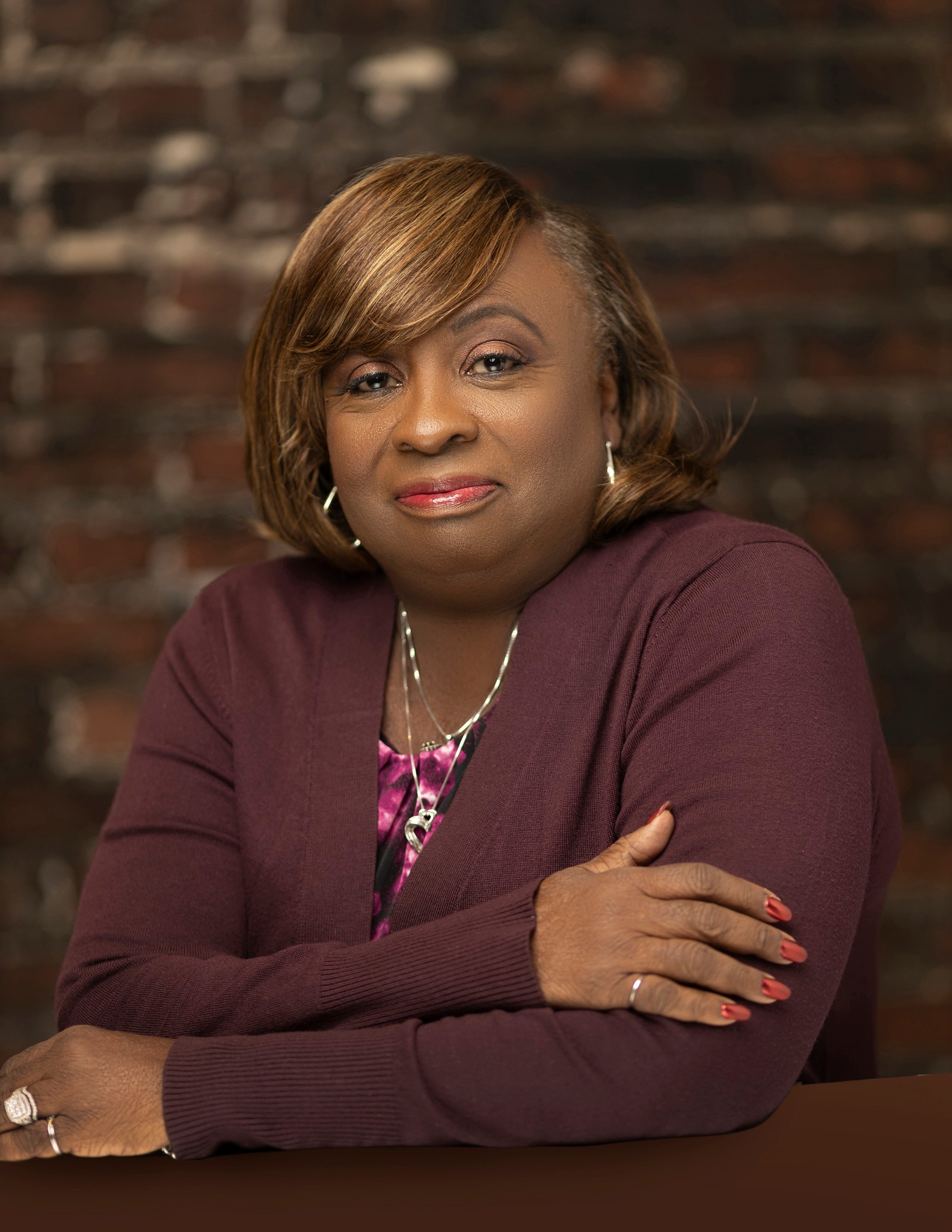
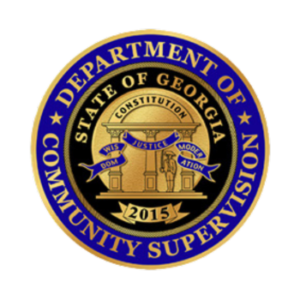
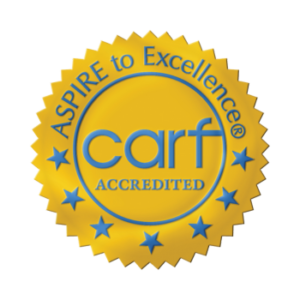
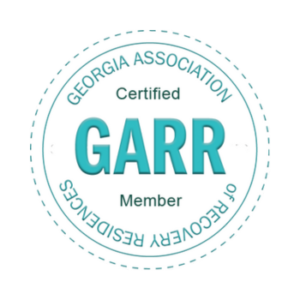
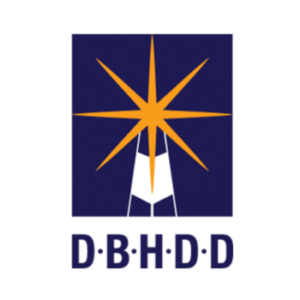
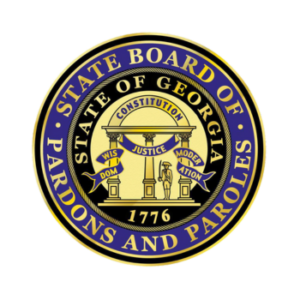
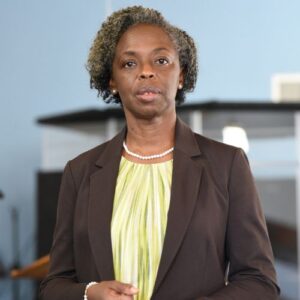
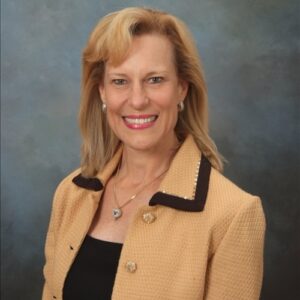


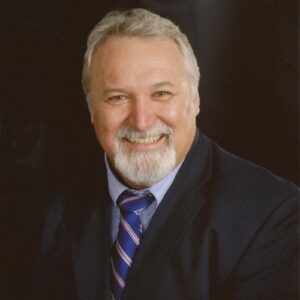

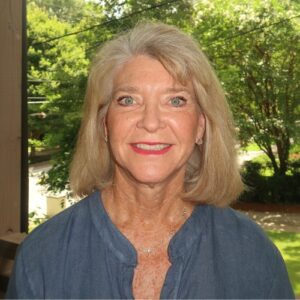

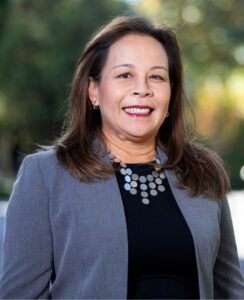 Sandy Jap is the Sarah Beth Brown Professor of Marketing at Emory University. She has also served as a faculty member at the Sloan School of Management at MIT and at the University of Pennsylvania’s Wharton School. She has published widely on the development of organizational relationships, go-to-market strategies, and e-procurement. She is the author of Partnering with the Frenemy, a book on the dark side of business relationships and A Field Guide to Channel Strategy, a how-to book on going to market strategy.
Sandy Jap is the Sarah Beth Brown Professor of Marketing at Emory University. She has also served as a faculty member at the Sloan School of Management at MIT and at the University of Pennsylvania’s Wharton School. She has published widely on the development of organizational relationships, go-to-market strategies, and e-procurement. She is the author of Partnering with the Frenemy, a book on the dark side of business relationships and A Field Guide to Channel Strategy, a how-to book on going to market strategy. 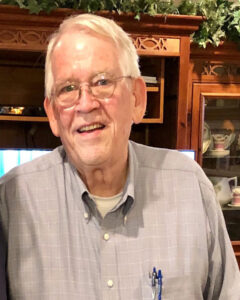 Joseph (Joe) E. Brown, Jr., has been a Board member since the 1980’s. His father was an original founder/supporter of Breakthru House Inc., when it was founded at St. Mark UMC in 1969. Joe has worked at Courts & Co., a regional brokerage firm from 1961-1972, Atlanta Federal Savings & Loan, that became Georgia Federal Bank from 1972-1987, and finally with his wife’s State Farm Insurance agency for 20 years until retirement.
Joseph (Joe) E. Brown, Jr., has been a Board member since the 1980’s. His father was an original founder/supporter of Breakthru House Inc., when it was founded at St. Mark UMC in 1969. Joe has worked at Courts & Co., a regional brokerage firm from 1961-1972, Atlanta Federal Savings & Loan, that became Georgia Federal Bank from 1972-1987, and finally with his wife’s State Farm Insurance agency for 20 years until retirement.  Following a 20-year career in the real estate legal field, with a real estate law firm in Atlanta, Sylvia served as real estate coordinator for Racetrac Petroleum, owned a mortgage brokerage, and has been a realtor for 35 years.
Following a 20-year career in the real estate legal field, with a real estate law firm in Atlanta, Sylvia served as real estate coordinator for Racetrac Petroleum, owned a mortgage brokerage, and has been a realtor for 35 years.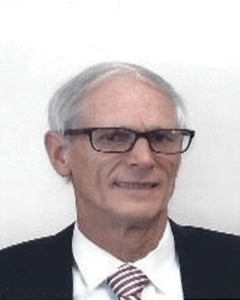 T. Gordon Barber is a retired ATT Executive with 41 years of experience in Network Operations. He is owner and manager of Barber Properties. He grew up in Hendersonville, NC, graduated from The Citadel and earned a Master’s Degree from the University of Maryland. He was an Army officer and served in Okinawa. Currently he volunteers at North Fulton Community Charity, Habitat for Humanity, and is a member of the Disaster Recovery Team at Alpharetta Methodist Church. He and his wife, Karen, live in Milton and have 3 grown sons and 2 grandchildren.
T. Gordon Barber is a retired ATT Executive with 41 years of experience in Network Operations. He is owner and manager of Barber Properties. He grew up in Hendersonville, NC, graduated from The Citadel and earned a Master’s Degree from the University of Maryland. He was an Army officer and served in Okinawa. Currently he volunteers at North Fulton Community Charity, Habitat for Humanity, and is a member of the Disaster Recovery Team at Alpharetta Methodist Church. He and his wife, Karen, live in Milton and have 3 grown sons and 2 grandchildren.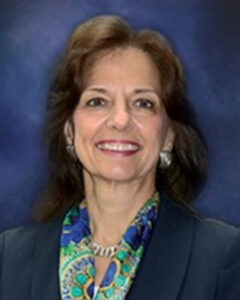 Nancy Young retired from serving as Vice President of Development for the Georgia United Methodist Foundation (GUMF) in 2022. She brings over 40 years of nonprofit experience in the areas of fundraising, major donor development, training, special events, planned giving, and facilities management.
Nancy Young retired from serving as Vice President of Development for the Georgia United Methodist Foundation (GUMF) in 2022. She brings over 40 years of nonprofit experience in the areas of fundraising, major donor development, training, special events, planned giving, and facilities management.